The decision by Sidewalk Labs to pull the plug on the Quayside smart city project in Toronto has industry stakeholders shaking their heads, calling it not only disappointing for the construction industry, but a missed opportunity for the city itself.
The tech-company announced May 7 it will no longer pursue the proposed project located on the city’s eastern lakeshore near Queens Quay Boulevard East and Parliament Street.
“It’s more than just the loss of the construction jobs for us, we wanted to see that development in the city because it created so many opportunities,” said Mike Yorke, president of the Carpenters’ District Council of Ontario.
“We were very supportive. We saw this as a huge opportunity for young people, the next generation, and for our industry and also to position our city in a leadership role in North America in new development, new communities, the mass timber sector.”
In a blog post on Medium.com, Sidewalk Labs CEO Daniel Doctoroff called the decision “a difficult one,” based on the current economic climate created by the COVID-19 pandemic.
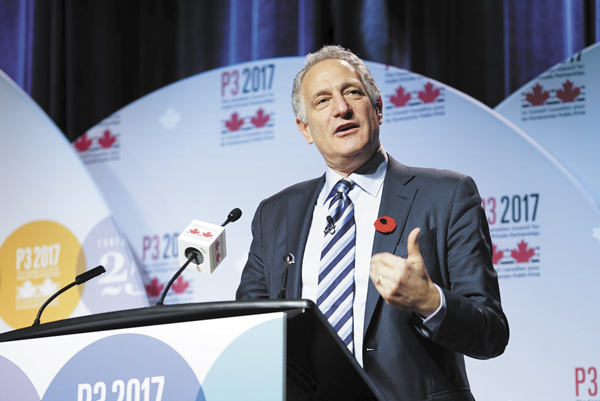
“As unprecedented economic uncertainty has set in around the world and in the Toronto real estate market, it has become too difficult to make the 12-acre project financially viable without sacrificing core parts of the plan we had developed together with Waterfront Toronto to build a truly inclusive, sustainable community,” reads the post, adding in addition to time, the company has invested people and resources in Toronto, including opening a 30-person office on the waterfront.
“And so, after a great deal of deliberation, we concluded that it no longer made sense to proceed with the Quayside project.”
Andy Manahan, executive director of the Residential and Civil Construction Alliance of Ontario, who was part of the advisory group for the project, called the move “a surprise.”
“In terms of the pandemic, I think this was the last straw,” he said. “Whatever the reason, it’s a sad day for Toronto because the concepts they were putting forward held out a lot of hope for trying things in a different way. We hope that the innovative and forward-looking concepts can be applied on future development projects. There were a lot of good ideas that were brought forward and we hope Toronto continues to look at these sorts of things.”
In October 2017, Sidewalk Labs and Waterfront Toronto began to plan a vision for the redevelopment of Quayside. Sidewalk Labs – a subsidiary of Alphabet Inc., the parent company to Google – responded to a request for proposals by Waterfront Toronto, a government agency looking to revitalize the area. While they originally proposed developing 12 acres of land into a high-tech neighbourhood, in a 1,500-page master plan the company unveiled developing 190 acres. After pushback from the Waterfront Toronto and community groups, the plan was scaled down to the original 12-acre proposal.
In November 2019, the parties reached agreements on project scope and footprint. Waterfront Toronto staff were evaluating the updated Master Innovation and Development Plan submitted by Sidewalk Labs and was expected to render a decision at the end of March.

“Today there is global financial uncertainty, but Waterfront Toronto has confidence in the city’s economic future and will take the long view when making real estate and development decisions on Toronto’s Waterfront,” reads a statement from Stephen Diamond, Waterfront Toronto board chair.
“Quayside remains an excellent opportunity to explore innovative solutions for affordable housing, improved mobility, climate change, and several other pressing urban challenges that Toronto — and cities around the world — must address in order to continue to grow and succeed.
“Today is not the end of Quayside, but the first day of its future. Waterfront Toronto will continue to seek public and expert input as we make a next generation community at Quayside a reality.”
The proposal was not a done deal and was met with a lot of criticism in terms of scope, size and privacy issues with respect to using technology to collect data. It was unclear whether it would have proceeded with or without the negative impacts of the pandemic.
Yorke said he was particularly hopeful about having a private sector developer interested in pursuing community benefits, which are typically associated with the public sector projects.
“Here we had a private sector developer really interested in pursuing that whole initiative and what that would mean for the next generation of workers,” said Yorke.
“It was mass timber and they wanted to tie in mass timber manufacturing. We talked about jobs for northern Ontario and those communities on the resource extraction. We were actually in discussions about what that would mean to aboriginal communities, so if you look at the resource sector, design, manufacturing it’s a big loss for the city and for the industry.”
While he is supportive of the land being developed, he said it might take a while for that to happen.
“I saw what happened with the Bay-Adelaide Centre. It sat there undeveloped for close to 12 years,” explained Yorke. “We have got to take this on right now, all levels of government, and say ‘what do we need to do to develop that waterfront?’
“It disappoints me to see that something like Toronto’s waterfront may now languish for another unknown number of years.”
Follow the author on Twitter @DCN_Angela.


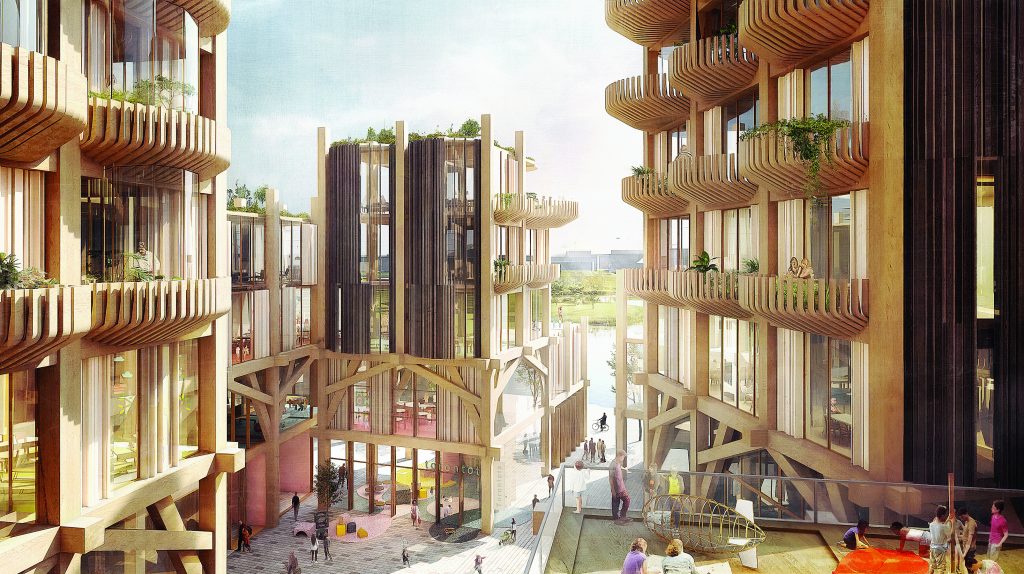
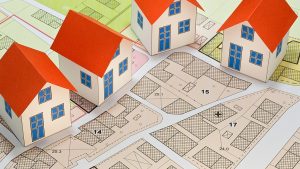
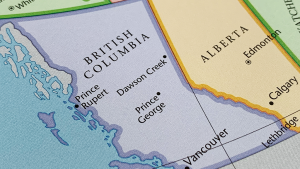





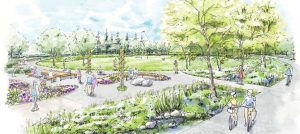
Were the Poison Pills offered by Sidewalk Labs so hard to digest with the elegance or did the cost of the meal exceed the Establishment’s Menu proposed fare because of the Tip and the whining and dining of the other rainy-day Patrons.
It is probably not sad and certainly was not caused by Covit-19. This an opportunity for the Harbour Commission to implement a proper Smart City proposal rather than a big data/big tech package. Read first Germaine R. Halegoua’s Smart Cities (MIT Press) to understand that Quayside really did not define what is “smart” about this smart city. She poses the need for the “social city” that replaces top down, corporate defined smart solutions with a collaborative approach that identifies what are the real needs of the city and what are the most appropriate solutions. Striking and sustainable tall timber architecture, underground garbage management, strong public transit, striking public spaces and winter city sidewalks are all excellent elements but were being used as eye candy for much more questionable issues surrounding big dat and governance. We can do this type of development and city buildings ourselves.